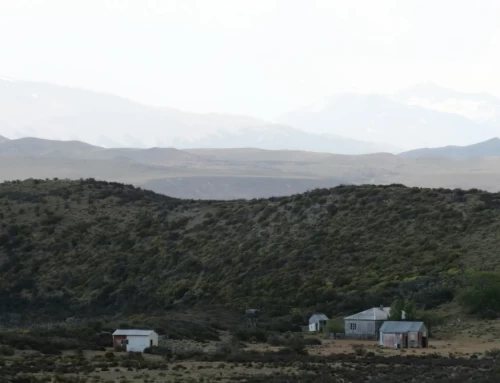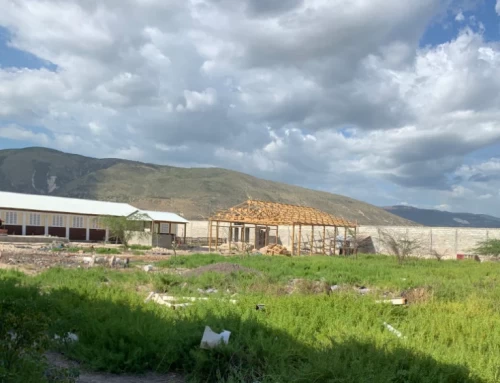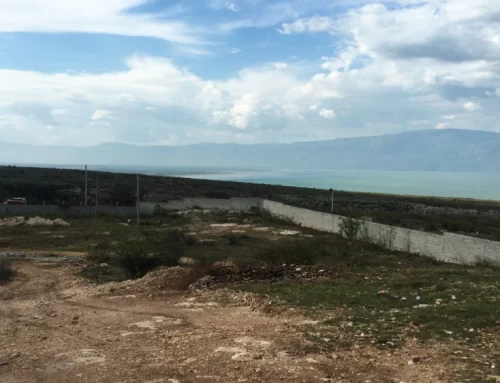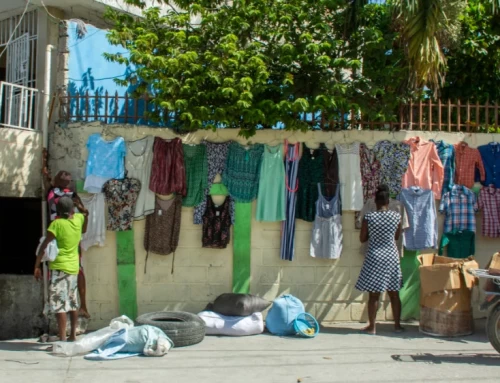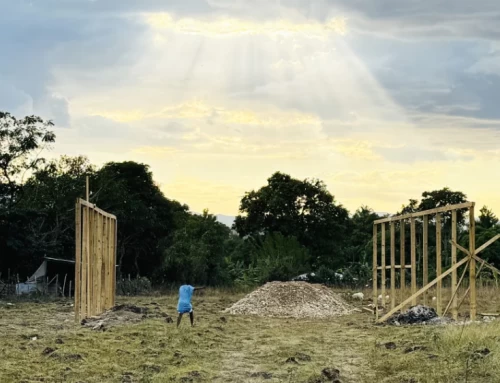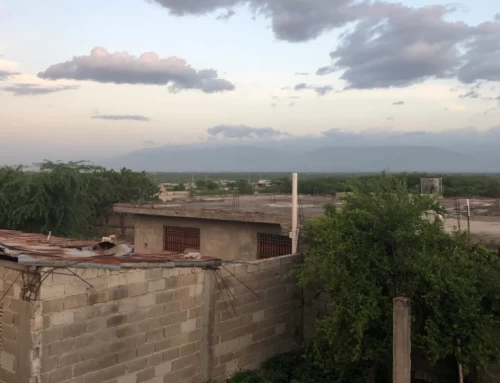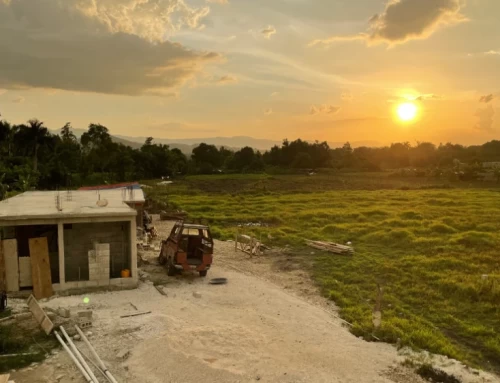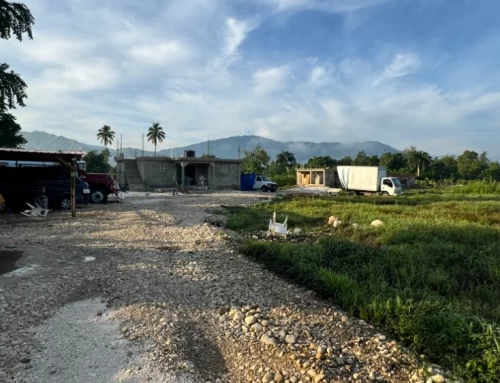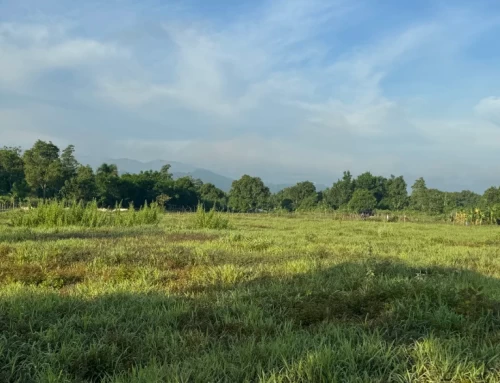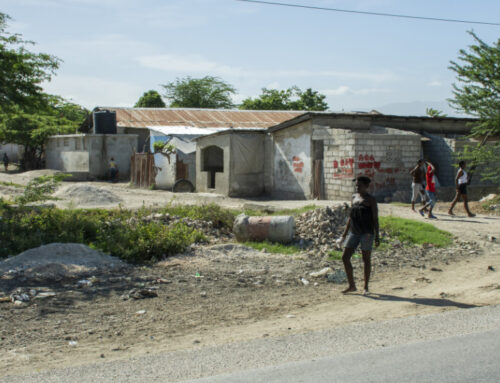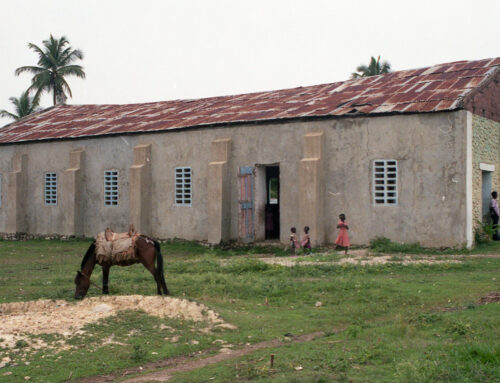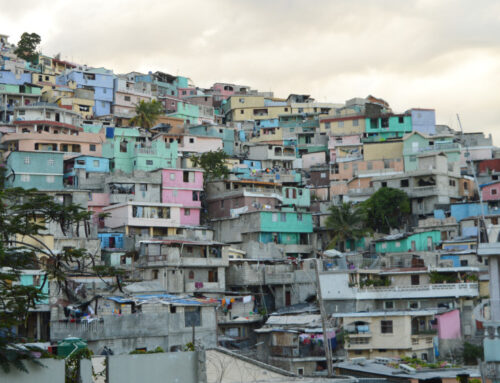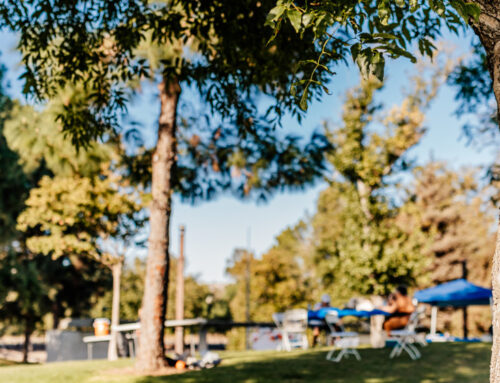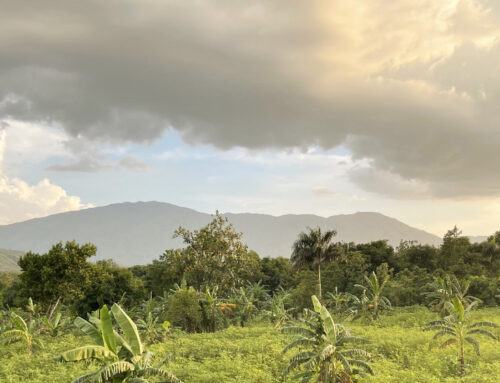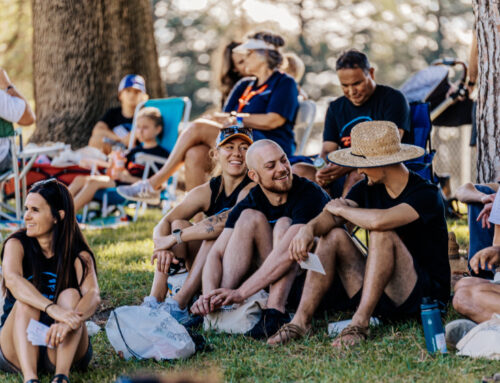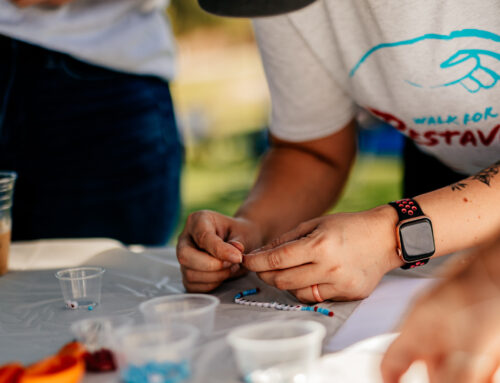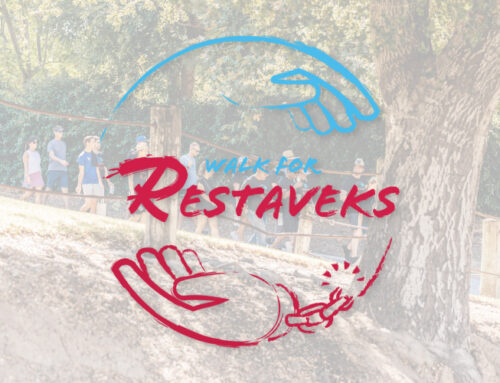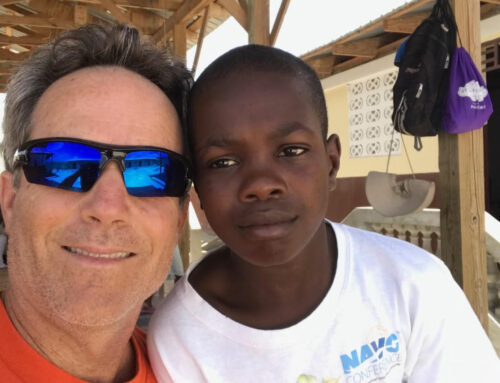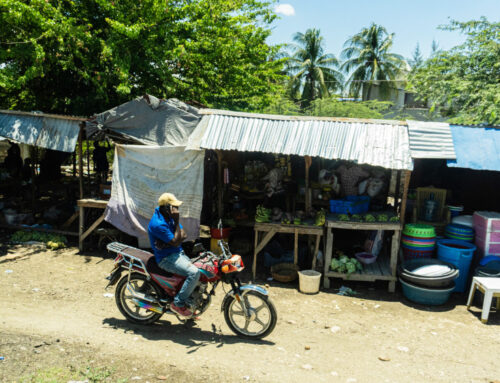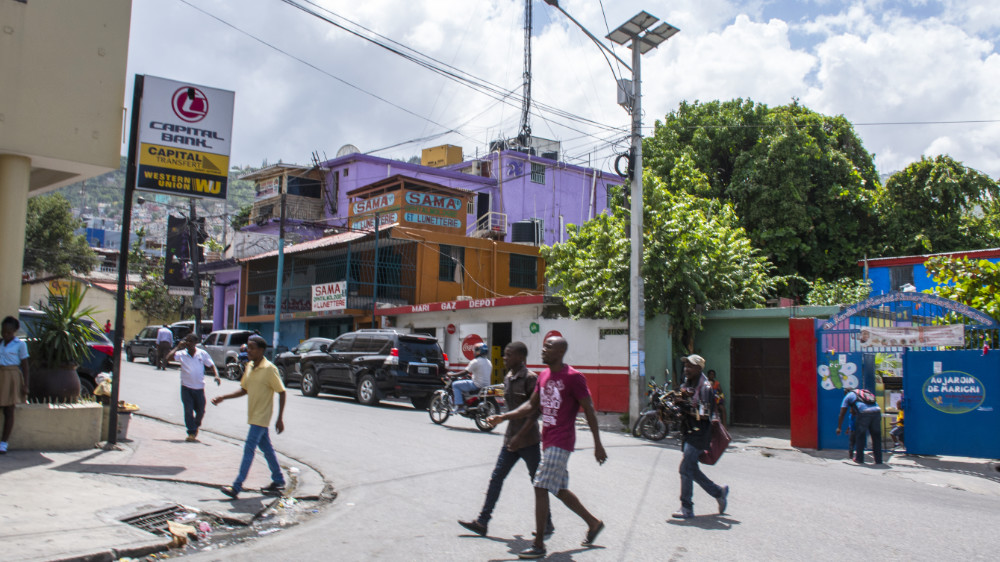
In Haiti, the influence of Vodou is far-reaching. It has not only affected politics but the way people live their daily lives as well. Many common aspects of culture reflect this influence.
Herbal Remedies
Vodou plays a significant role in Haitian healing practices. Herbal remedies, passed down through generations, are a crucial aspect of Vodou healing. These remedies are used to treat various ailments, from common colds to more serious conditions, and the preparation and use of these herbs are often accompanied by rituals to invoke the healing power of the loa (Vodou spirits).1
Offerings and Altars
Many Haitian homes have small altars or shrines dedicated to the loa or ancestral spirits. These altars, often referred to as pwen, are decorated with candles, flowers, food offerings, and other symbolic items. It is common for Haitians to leave offerings of food, drink, or money at these altars.2
Music
Music and dance are integral to Vodou and have permeated everyday Haitian life. Rhythms and dances associated with Vodou ceremonies can be found in secular settings, such as social gatherings and community events. The drumming patterns and dances are deeply influenced by Vodou elements.3
Symbolic Clothing and Colors
Certain colors and types of clothing are associated with specific loa and are worn by devotees to honor these spirits in their daily lives. For example, white is often worn to honor the spirits of the dead, while blue and white are connected with the spirit Agwe, associated with the sea.4
Oral Tradition
Storytelling is a vital part of Haitian culture, and many legends and proverbs have their roots in Vodou mythology. These stories and sayings create a web of verbal references and allusions that connect back to Vodou time and time again.5
Many everyday customs bear the influence of Vodou, and the religion has worked its way into the fabric of Haitian life. In this culture, spirituality and daily existence are intertwined. This brings both challenges and opportunities in our ministry. On one hand, most Haitians acknowledge the presence of the divine and the supernatural. This provides a helpful point of commonality in any evangelistic conversation—we believe in the reality of a supernatural realm as Christians, as well. On the other hand, it can be challenging at times to separate culture from religion. Practices like these are so connected with the occult elements of Vodou that it can be difficult to know where one ends and the other begins.
Thankfully, we know that God controls the outcomes in all gospel conversations. It is simply our responsibility as His people to make Christ known.
Visit Vodou in Haiti to read more about the religion and its history.
[1] Nicholas Vonarx, “Haitian Vodou as a Health Care System: Between Magic, Religion, and Medicine,” Alternative Therapies in Health and Medicine 17, no. 5 (2011): 44–51.
[2] Kimberly Ann Greenough-Hodges, Haitian Vodou: ‘Pwen’ (Magical Charge) in Ritual Context, PhD diss. (University of Texas at Dallas, 2020), https://hdl.handle.net/10735.1/8828.
[3] Alfred Métraux, Voodoo in Haiti, trans. Hugo Charteris (New York: Schocken Books, 1972).
[4] Catherine Beyer, “Vodoun Symbols for Their Gods,” Learn Religions, July 3, 2019, https://www.learnreligions.com/vodou-veves-4123236.
[5] “Curator Chat: Haitian Vodou Ceremonies, Songs, and Sacred Objects,” Birmingham Museum of Art, February 19, 2016, https://www.artsbma.org/curator-chat-haitian-vodou-ceremonies-songs-and-sacred-objects/.
Share This Story!
Join Our Email List!
Get our blogs delivered directly in your email, don’t miss an opportunity to read about our mission to save children and bringing the Gospel to Haiti.

